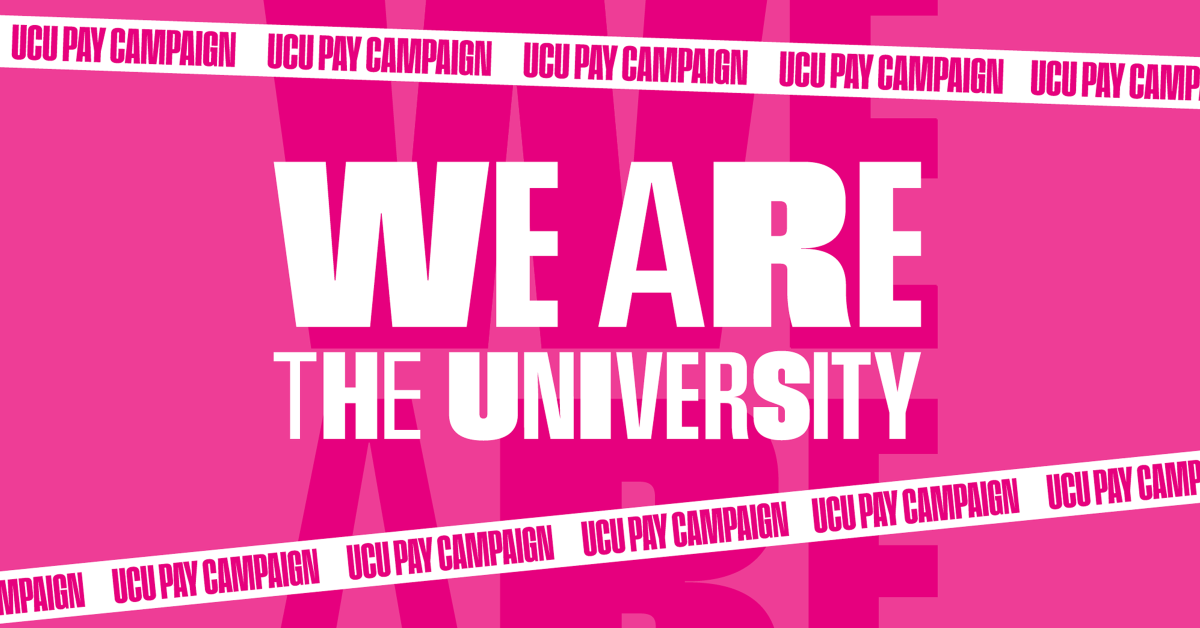By Benjamin Salmon, Deputy News Editor
Bristol has been amongst a number of UK universities to experience a rise in staff seeking support for poor mental health
The University of Bristol has seen a 142 per cent increase in the number of staff mental health referrals to counselling services, a Freedom of Information request from The Guardian has found.
The figure emerged following a report commissioned by the Higher Education Policy Institute, which described ‘an epidemic’ of mental health pressure amongst university staff across the higher education sector.
The report stated that improved access to support services was a factor in the surge in referrals, but that uncertain contracts and an enlarged workload had also led to increased anxiety amongst some staff.
Higher education staff suffer 'epidemic' of poor mental health https://t.co/Uoi9wGamw3
— Guardian news (@guardiannews) 22 May 2019
Speaking to The Guardian, Dr Liz Morrish, a visiting fellow at York St John’s University who researches university workplace culture, blamed increased tuition fees and corporatism, stating:
‘As university fees have risen in England and Wales, the pressure to satisfy increasing student expectations has fallen on teaching staff.
‘Managers have increased their demands on the academic workforce over concern about university rankings and league tables. At the same time, repeated research and teaching audits have created a culture of workplace surveillance.
‘Academics are inherently vulnerable to overwork and self-criticism, but the sources of stress have multiplied to the point that many are at breaking point.’
Bristol University has, in recent years, experienced a mental health crisis among students with referrals to wellbeing services increasing.
"This suggests that there may be a large number of university staff who are not captured by the HEPI report, and, worryingly, that the size of the crisis may be even greater than it seems". Yes, anecdotally, many staff don't seek mh services in unis because of HR gatekeeping. https://t.co/88gYz6g5Sw
— Dr Liz Morrish (@lizmorrish) 23 May 2019
In response to the report, a Bristol spokesperson said: ‘The University takes the wellbeing of its staff very seriously and this is reflected in our Staff Mental Health and Wellbeing Strategy which was launched at the beginning of the year alongside the student strategy.
‘We have spent the last 12-18 months trying to encourage open dialogue for health and wellbeing. Staff are not always comfortable talking about these issues. So, to help, we have introduced the option of completing wellness action plans - a proactive tool that staff can use either themselves or in dialogue with their manager about what keeps them well at work.’
'Our staff have access to a 24/7 Employee Assistance Programme provided by care first - implemented last year and supplements the staff counselling services.
‘We have overhauled and invested significantly in mental health training for staff and now provide comprehensive access to awareness training and support training ranging from a two-hour bite sized session to Mental Health First Aid Training. We also provide training for managers on supporting staff in the workplace with mental ill health.
‘Future plans include developing workload allocation principles for staff to help manage heavy workloads, and an email charter setting out use of email in the context of wellbeing.’
Featured Image: Epigram / Cameron Scheijde
Support services include:
Samaritans https://www.samaritans.org / 116 123
Young Minds https://youngminds.org.uk/ 0808 802 5544
Nightline https://www.nightline.ac.uk/want-to-talk/
Papyrus https://www.papyrus-uk.org/ 0800 068 41 41
Are you a staff member struggling with increased work pressure? Let us know!









